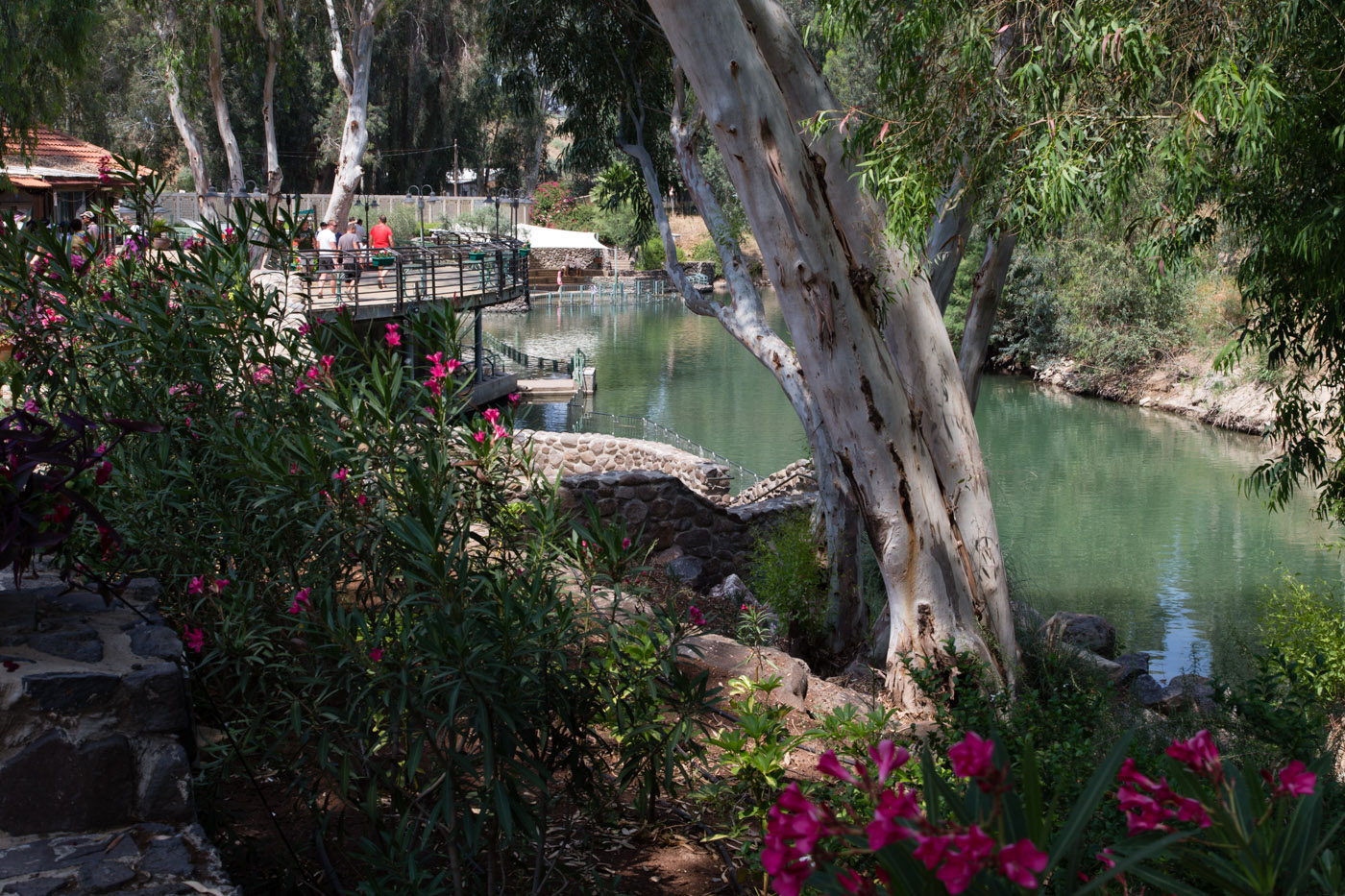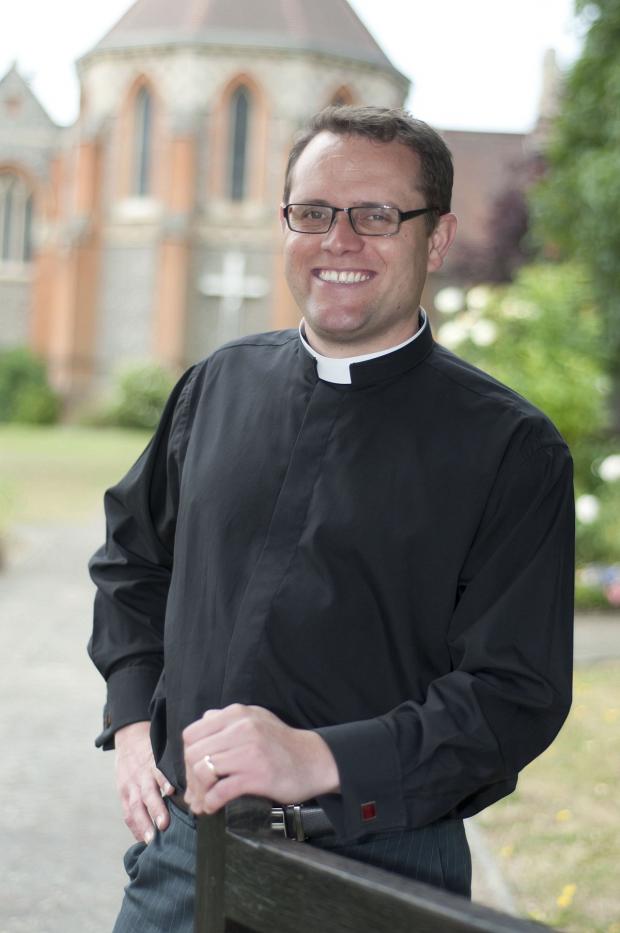I was recently at the spot on the river Jordan where, supposedly, John the Baptist baptised Jesus. Actually, there are two places that make the claim; at both of them, people were being baptised on the assumption, I suppose, that the efficacy of the washing away of one’s sin would be somehow magnified.


One of the locations was patrolled by soldiers carrying assault rifles, preventing over-active candidates from immersing themselves in one country and emerging, without sin, in another.

Perhaps it’s because I am used to the Niagara that the Jordan river seemed much narrower than I expected. And muddier. That didn’t prevent my wife from braving the advances of an aggressive catfish to collect a bottle of the Real Thing. Most of it has been divided up and distributed to friends but I think we may still have a reserve somewhere for a new grandchild, should another arrive unexpectedly.

For those who want more glitz than the algae infested Jordan can provide, there is always this:
A new style of service – staged in churches decked out with balloons while guests sit at tables laid out for a baptism banquet – is among options being looked at by officials as part of a drive to make people feel more welcome.
The idea is one of the early results of a major “market research” project, backed by the Archbishop of Canterbury and York, examining how the Church could redesign its christening services for the 21st Century.
[….]
As a result some congregations have begun to adapt services to accommodate them, dressing up the doorways with balloons and offering church halls for christening parties.
But a handful have gone further, holding separate christening services combined with family parties.
At one church visited by Dr Millar the entire church had been laid out like a wedding reception with the baptism performed in the centre of the room in front the guests at tables.
Afterwards they were served champagne and a meal while the family cut a christening cake and received presents. The model is expected to form a centrepiece of new christening handbooks for vicars when the projected is completed.
Like this:
Like Loading...


 namic vicar, inspired to take up the cloth following a near death experience, is aiming to unite different faiths and create an inclusive support network of community champions.
namic vicar, inspired to take up the cloth following a near death experience, is aiming to unite different faiths and create an inclusive support network of community champions.


